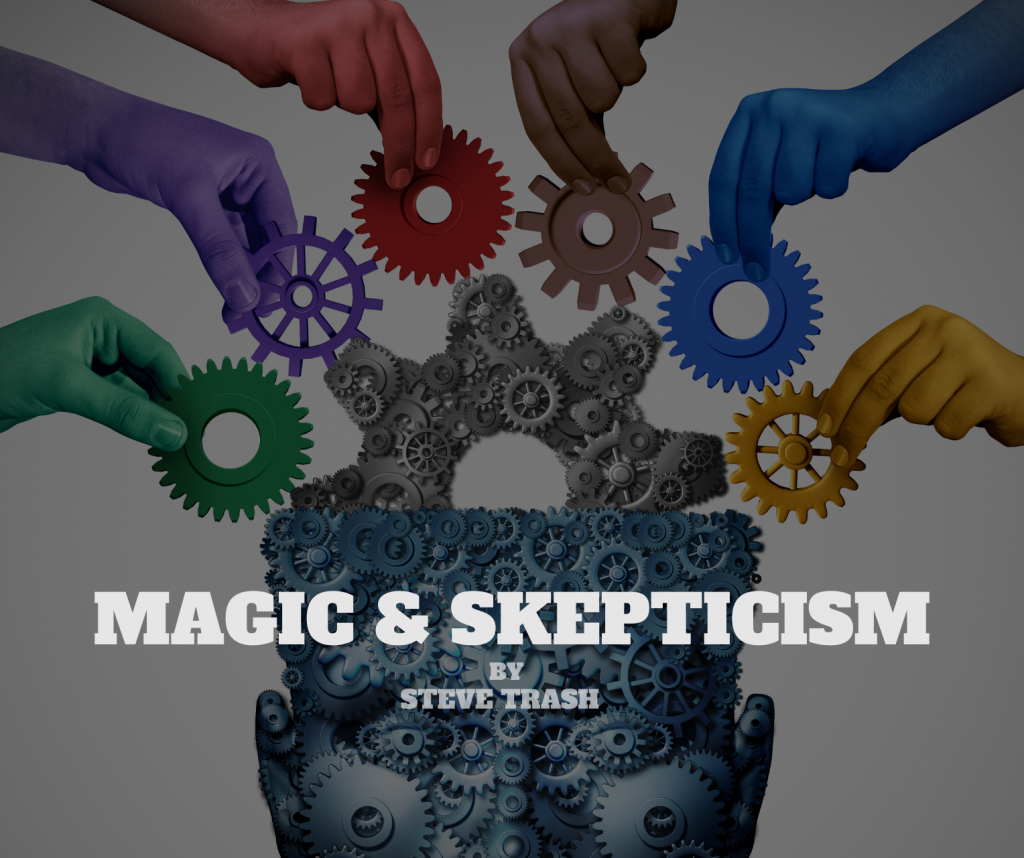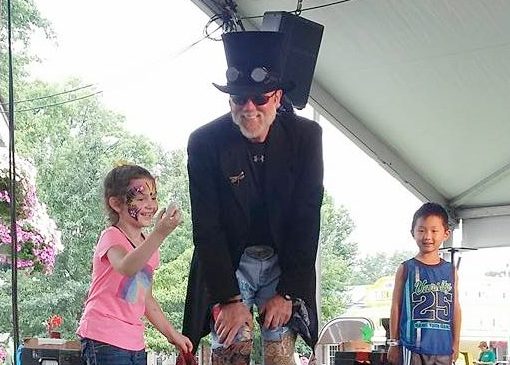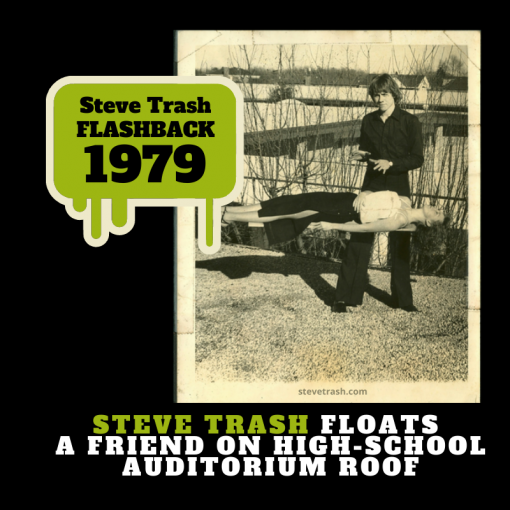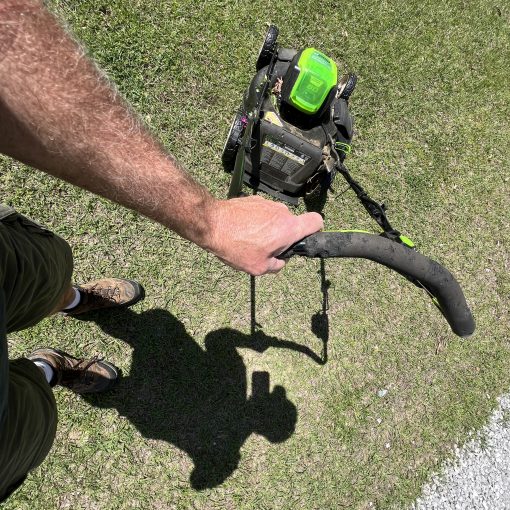
Magicians are folks who like to create illusions.
Skeptics are folks who like to expose illusions.
At first glance, you might think (skeptics and magicians) would be mortal enemies, or at the very least, play on opposing teams, because one manufactures illusions and the other debunks illusions, but if you look more closely, you’ll find they aren’t enemies at all… they are actually playing for the same team.
Astonishingly, both skeptics and magicians are basing what they do on the exact same idea: the human mind is filled with perceptive holes.
We, humans, have astonishing minds, capable of brilliant insight, deep probing thought, and complex, multi-layered understanding. And most of us brilliant thinkers believe our minds are like Cheddar Cheese…. solid… sturdy… factual, and dependable… but our minds are much more like Swiss Cheese, delightful, but absolutely riddled with holes of false perception.
And we are completely and utterly unaware of these holes.
We think our minds are Cheddar, but we are really Swiss.
Magicians use the knowledge of these hidden perception holes to create illusions for the fun and enjoyment of their audiences, and the audiences KNOW they are falling for illusions. It’s part of the “job description” of the magician and watching a magic trick. Everyone knows it’s a trick.
Skeptics, on the other hand, use the same knowledge of these hidden perception holes to expose illusions or false perceptions that people may hold – to get human thought closer to truth and further away from superstition, or non-evidence-based ideas.
One creates, the other exposes, but they both begin with the same idea: human perception is faulty.
Personally, I lean more towards being more of a magician than a skeptic. I’m both, but my profession is creating illusions. I’ve done this for over 40 years. I make magic tricks for a living.
It’s my job.
I even study it.
And here’s the coolest thing about being a professional magician.
I get to pretend to saw a person in halves… but this is not really happening… it’s an illusion.
I get to pretend to float a person in the air… but this is also not really happening… it’s an illusion.
Here’s a link to me creating this illusion.
I get to pretend to delve deeply into a hapless volunteer’s mind and reveal the freely chosen card… also this is not really happening… it’s an illusion.
Illusions are appealing to almost all humans young or old. And everyone knows what they are experiencing is false. It’s an illusion and they know it.
I am (as are all magicians) creating false perceptions, false stories, and false narratives, using the holes that exist in all human minds as my tools or “tricks of the trade”. I “seed” false assumptions in the minds of my audience members and they come to their own false conclusions. As the brilliant magician Teller (of the duo Penn and Teller) has said, “The strongest lie is the lie the audience tells itself”.
I create illusions to make money and for the pleasure and enjoyment of my magic show audiences.
But cognitive misunderstandings aren’t limited to magic shows. There is actually a “mental magic show” happening to our minds all the time.
What?
Yep… we’re all open to mental magic shows (false perceptions) all the time because our minds are using various mental short-cuts or heuristics to interpret the world: who are the bad guys, what’s the best source of information, who’s the most trustworthy?
Our minds are making assumptions, we’re disregarding facts that are uncomfortable or don’t already fit our worldview, or we’re making value judgments based on nothing more than whether we had a similar experience recently.
And because we use these sorts of mental short-cuts (which we are almost completely unaware of) our minds believe we’re getting an accurate picture of the world, but most likely we are not.
Skeptics know this.
They know that even the most brilliant minds among us can be fooled and can even (without knowing) deceive themselves.
The physicist Richard Feynman recognized this in his now-famous quote… “You must not fool yourself, and you are the easiest person to fool.”
This is where skeptics pick up the gameplay, they are laser-focused on shining a light on the false perceptions we humans may have and consequently base many of the life choices we make on, more evidence-based ideas, so humanity can make better choices.
So, the skeptic’s job is to try and reveal more accurate evidence-based knowledge. Uncovering and exposing unfounded beliefs, superstitions, and fallacies.
So how do skeptics crack the nut of evidence-based knowledge when almost every human believes they are already doing this?
The answer might be… magicians.
What if… each and every time an audience member sees a great illusion and is deceived, and they ask themselves… “how… how… did that happen?”
What if the answer that comes to them is NOT… “a trap door” or “secret wires” or “the card’s identity was known in advance”, the real answer, the true answer, the more accurate answer, that comes to them is this: we all have “holes in our perception”, and we should be more aware that our minds are Swiss, not Cheddar.
To realize this builds humility and it makes you a better overall thinker.
We know that awareness of mental heuristics such as: confirmation bias, anchoring, and the halo effect, make us better thinkers.
Once we are aware you can be on guard to check ourselves for the use of these. To be aware of these “shortcuts of mind” gives us a more accurate picture of the world.
The irony of this, is of course, delicious. Illusions and illusionists (in pretending to defy the laws of nature) can show us a more accurate picture of reality.
Watching a magician might be the “perfect introduction” to understanding how poorly we actually understand the things we see and feel.
We all have holes in our minds.
And once we know those holes exist, it becomes more and more and more difficult to go back and knee-jerk trust our perceptions and first-hand experience as universal 100% truth. It’s not impossible, because, frankly, it’s easier and takes less energy to NOT question our notions, but a great magic trick or illusion can potentially lead folks down the path of being more skeptical about the things they believe to be true or false.
The mental process of “falling for an illusion” reveals the holes in our minds.
You could even say that magic is the easiest path to developing a healthy skepticism because each time a magician creates a fun and mysterious illusion that makes us laugh, puzzle, gasp, or just sit there mouthing the words… “How? How? How?” it’s possible that we can be reminded of all the OTHER holes in our perceptions that exist.
And once a person knows the holes exist, they are well on the way to being a bit more skeptical about the things they perceive to be true, which may not be, and that’s pretty cool.
So maybe magicians hold one of the important keys to unlocking our Cheddar Minds and revealing them to be Swiss Cheese instead.
And with skeptics as our team-mates, maybe just maybe, we all can see the world just a little bit more accurately.
Steve Trash is a professional magician, eco-entertainer, and star of the PBS KIDS SCIENCE SHOW – Steve Trash Science.
###



